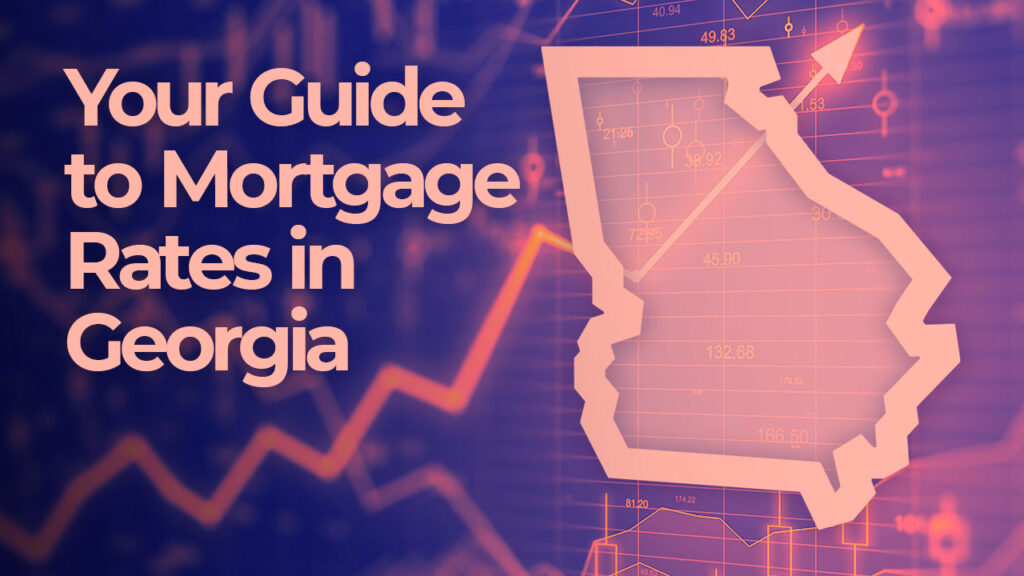The landscape of personal finance in America is complex, and a significant part of that complexity lies within the realm of small-dollar lending. Millions of Americans rely on these loans to cover unexpected expenses or bridge short-term financial gaps, but the ethics surrounding these practices are often debated. This post delves into the multifaceted ethical considerations of small-dollar lending in the United States.
The High Cost of Convenience
Small-dollar loans, often payday loans or installment loans, are known for their high interest rates and fees. These costs can quickly spiral out of control, trapping borrowers in a cycle of debt. 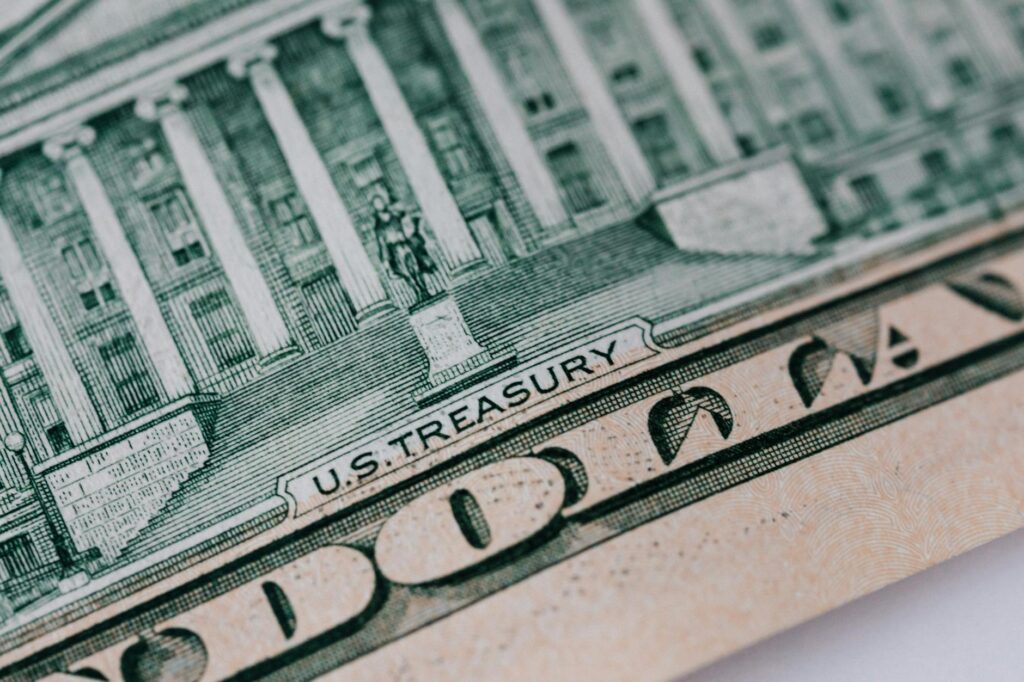 This raises significant ethical concerns about whether these loans are truly beneficial or exploitative.
This raises significant ethical concerns about whether these loans are truly beneficial or exploitative.
Targeting Vulnerable Populations
Many lenders target low-income individuals and those with limited access to traditional banking services. This raises ethical questions regarding fair lending practices and the potential for predatory lending. Are these lenders providing a necessary service or preying on vulnerable populations? Learn more about predatory lending practices.
Transparency and Disclosure
The fine print of small-dollar loan agreements can be dense and difficult to understand. A lack of transparency regarding fees and interest rates can lead to borrowers unwittingly signing up for unfavorable terms. Ethical lenders prioritize clear and concise disclosures to empower informed decision-making. 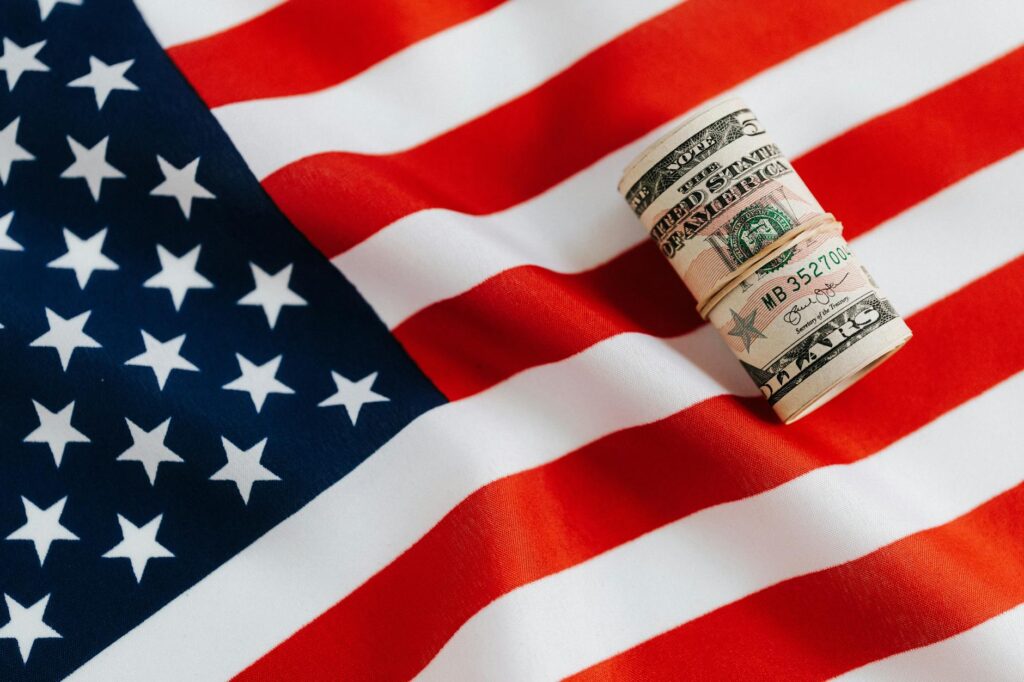
Debt Traps and Financial Instability
The high cost and short repayment periods of small-dollar loans can contribute to a cycle of debt, making it difficult for borrowers to escape financial instability. This raises ethical questions about responsible lending practices and the potential for harm caused by these loans.
The Role of Regulation
Government regulations play a crucial role in shaping the ethical landscape of small-dollar lending. Debates continue about the effectiveness of existing regulations and the need for stricter measures to protect consumers. Read more about small-dollar loan regulations.
Responsible Lending Practices
Some lenders emphasize responsible lending practices, such as offering financial literacy resources and working with borrowers to develop repayment plans. These practices highlight the potential for ethical lending within the industry.
Alternatives to Small-Dollar Loans
Exploring alternatives to small-dollar loans, such as credit unions, community banks, and non-profit organizations, is crucial for those seeking ethical and affordable financial solutions. Discover alternative lending options.
The Impact on Credit Scores
Small-dollar loans can negatively impact credit scores, potentially hindering access to future credit. This long-term consequence adds another layer of ethical concern to the discussion.
Financial Literacy and Education
A lack of financial literacy among borrowers can contribute to poor decision-making and increased vulnerability to exploitative lending practices. Improved financial education programs are crucial to empowering consumers.
The Importance of Consumer Protection
Strong consumer protection laws are essential to prevent predatory lending and ensure fair treatment for all borrowers. 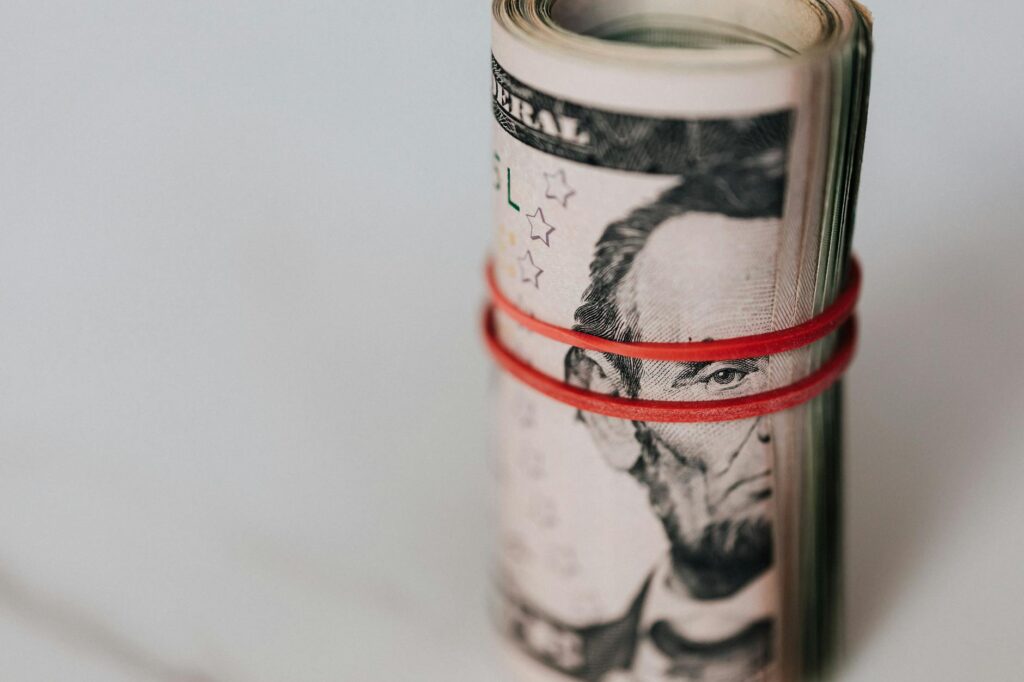
Balancing Access to Credit with Consumer Protection
Finding a balance between providing access to credit for those in need and protecting consumers from predatory practices is a significant challenge.
Technological Advancements and Lending
The rise of fintech companies has brought new technologies to the lending industry. However, these advancements also raise new ethical questions regarding data privacy and algorithmic bias.
The Role of Social Responsibility
Lenders should consider their social responsibility and the impact their practices have on communities. Ethical lending goes beyond mere compliance with regulations.
Addressing Systemic Issues
Many argue that the problem of predatory small-dollar lending is symptomatic of larger systemic issues, such as income inequality and lack of access to affordable financial services. Learn about the systemic issues contributing to the problem.
Community-Based Solutions
Community-based initiatives and non-profit organizations are playing a vital role in providing ethical and affordable financial solutions to those in need.
The Future of Small-Dollar Lending
The future of small-dollar lending will likely be shaped by ongoing debates about ethics, regulation, and innovation. Read expert opinions on the future of small-dollar lending.
In conclusion, the ethics of small-dollar lending in America are multifaceted and complex. Addressing this issue requires a multi-pronged approach that includes stricter regulations, increased transparency, responsible lending practices, and enhanced financial literacy. 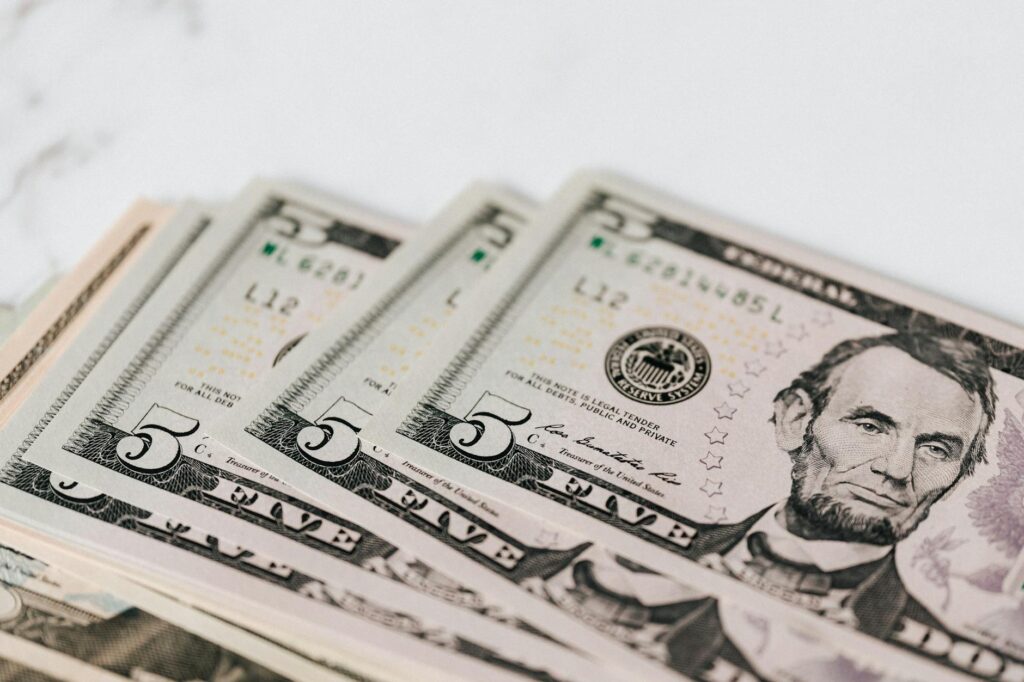
Frequently Asked Questions
What are the risks of taking out a small-dollar loan? The risks include high interest rates, fees, and the potential for falling into a debt trap. It can negatively impact your credit score, making it harder to obtain credit in the future.
What are some ethical alternatives to small-dollar loans? Consider credit unions, community banks, non-profit organizations, or exploring options such as budgeting and reducing expenses.
What role does the government play in regulating small-dollar lending? The government sets regulations and enforces laws to protect consumers from predatory lending practices. However, debates continue regarding the efficacy of current regulations.
How can I avoid predatory lending practices? Thoroughly research lenders, compare interest rates and fees, and carefully read the terms and conditions before signing any loan agreement. Seek financial advice if needed.
What are some signs of a predatory lender? High interest rates, hidden fees, aggressive sales tactics, and difficulty understanding the loan terms are all red flags.

